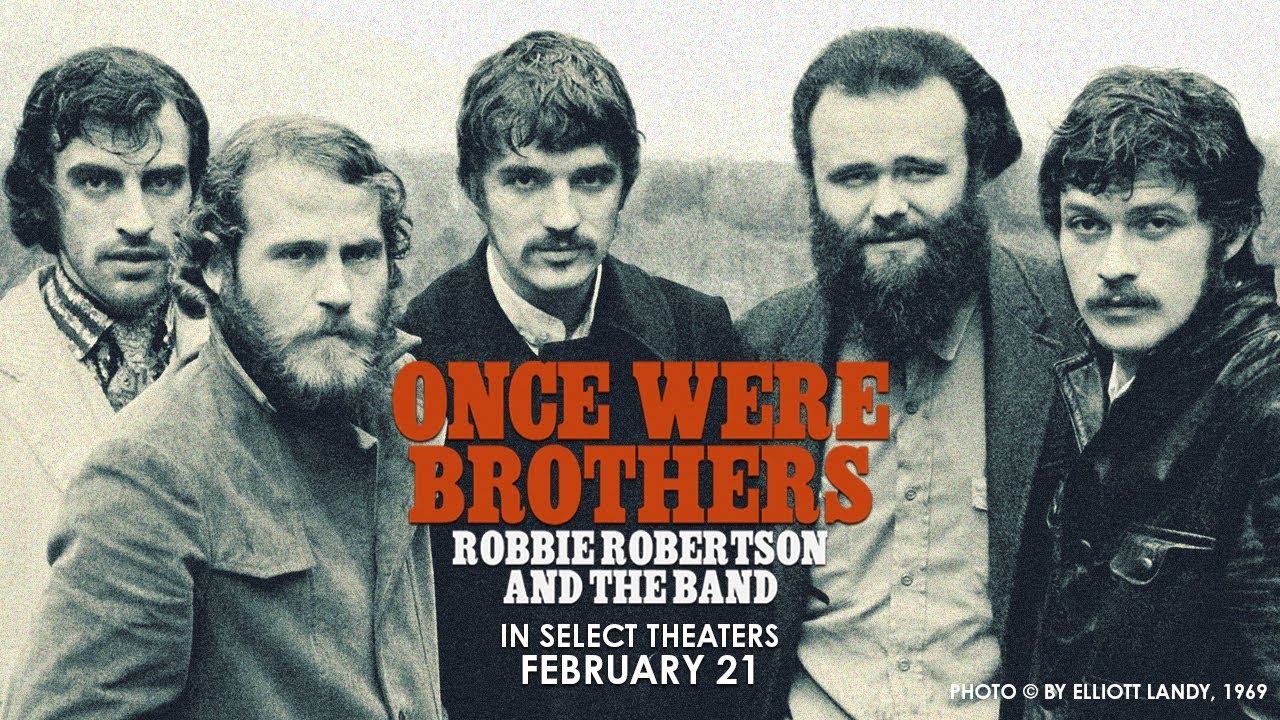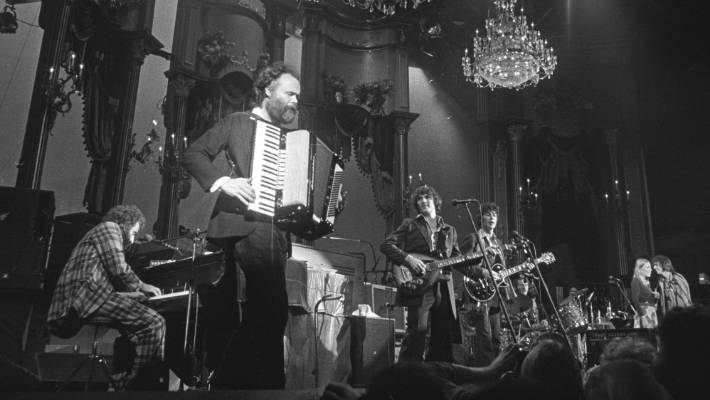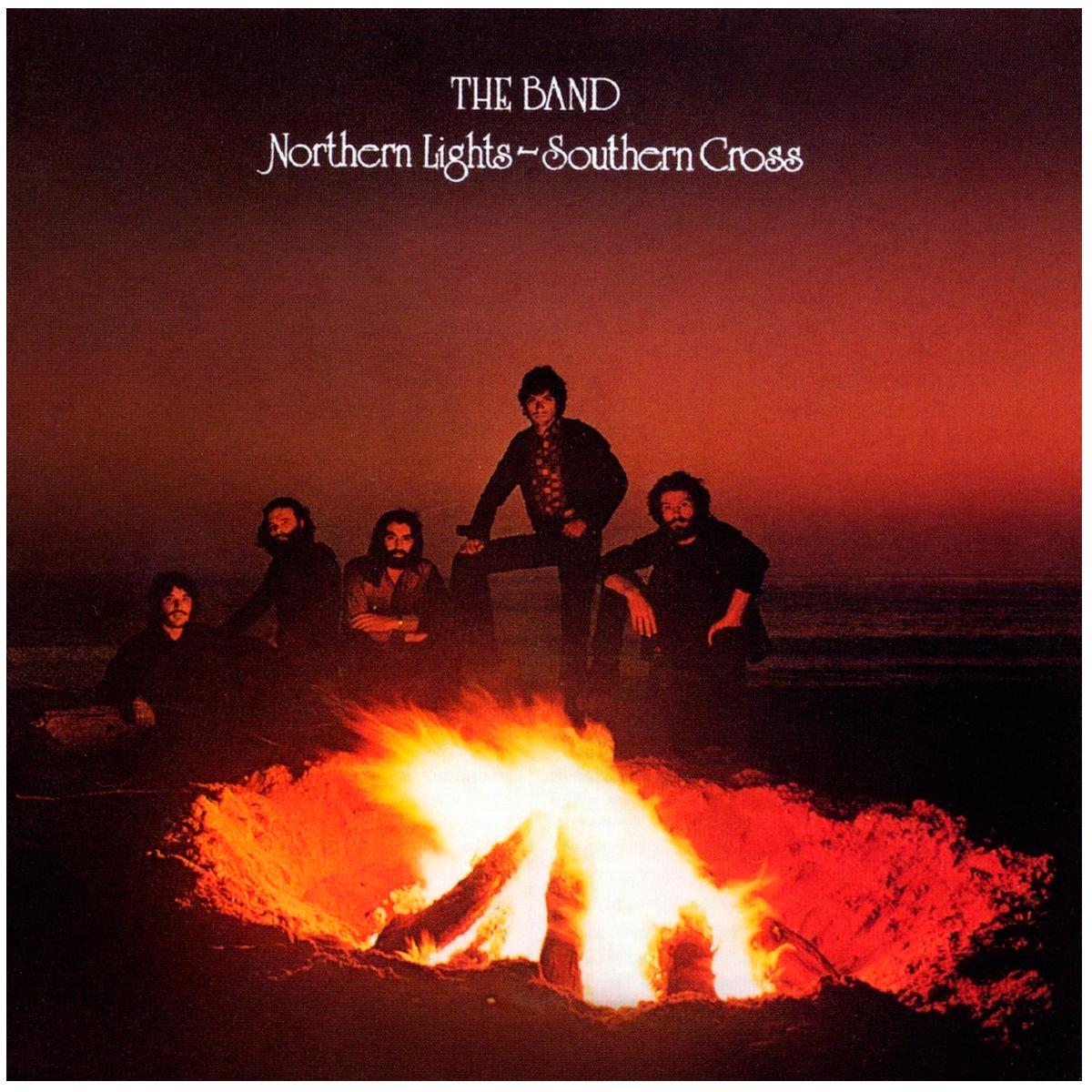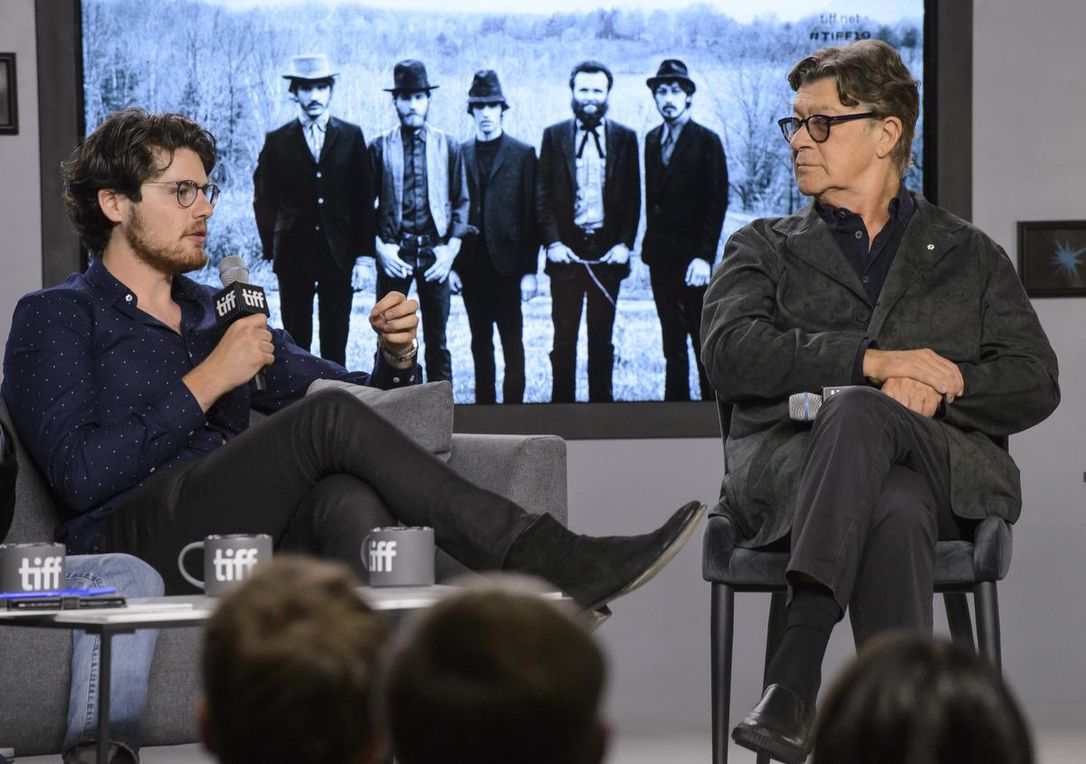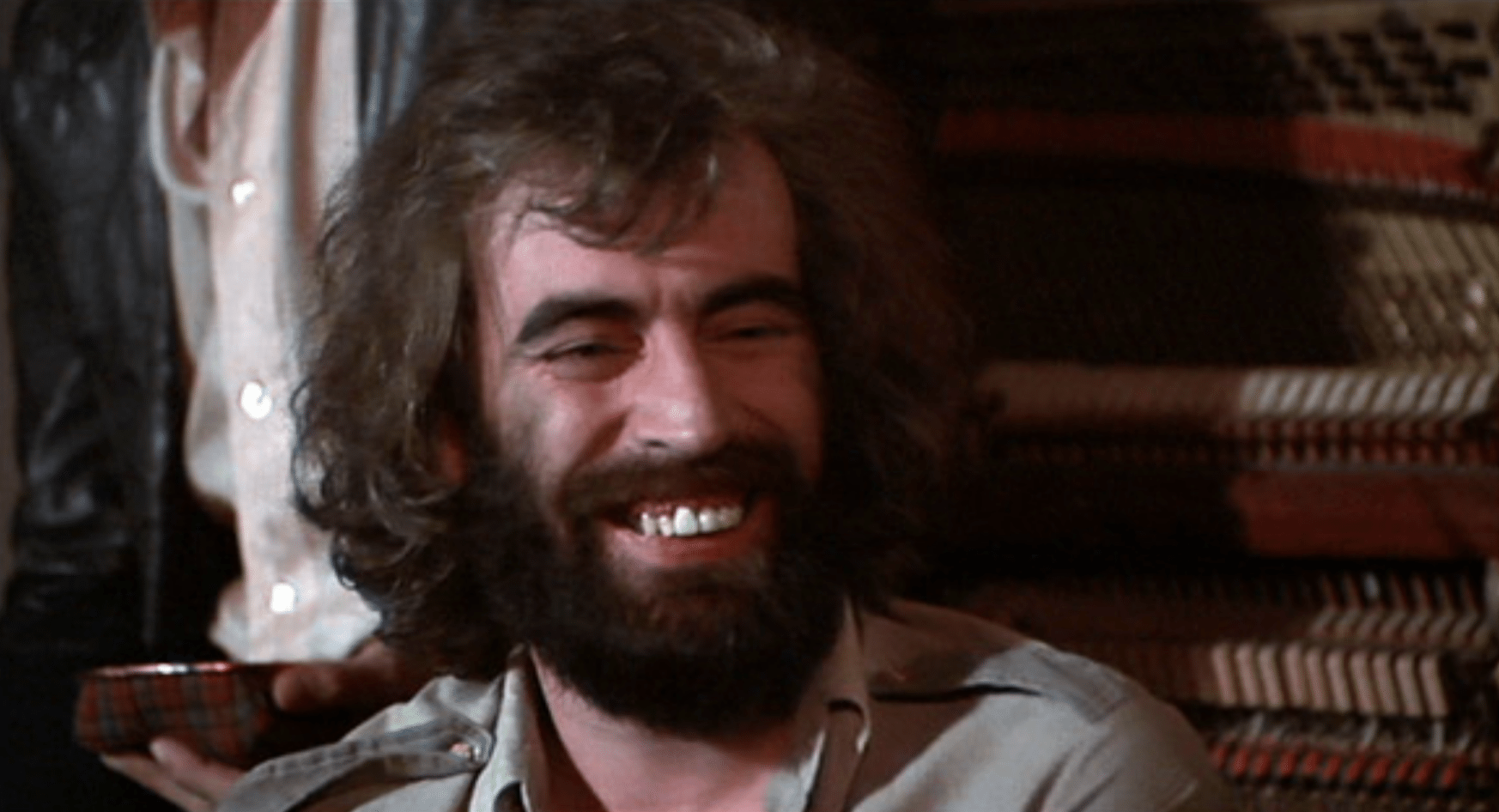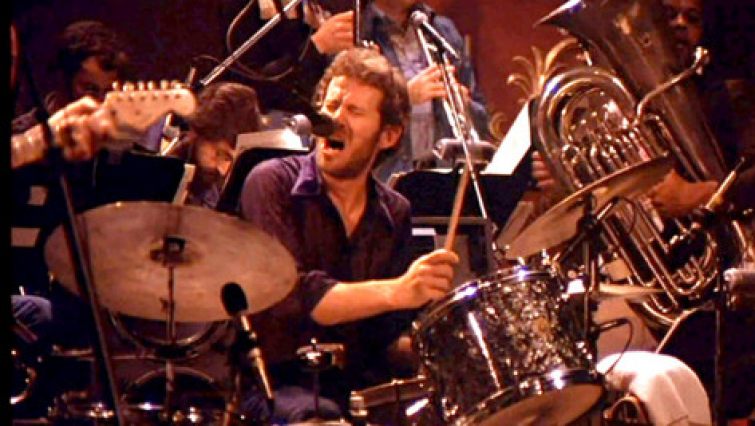
All praise The Band!
Acadian driftwood, gypsy tailwind
they call my home the land of snow
canadian cold front moving in
What a way to ride, Oh what a way to go
It’s still hard to understand Donald Trump’s increasingly toxic and nakedly imperialistic attitude towards Canada, America’s closest ally, especially when right-wing talk show host Laura Ingraham can’t even get him to pause to consider his position (See article below).
Because our own American attitudes toward Canada may be ambiguous and somewhat ignorant, I was really struck by the ongoing power, beauty and magnificence of a song composed by The Band’s Robbie Robertson, “Acadian Driftwood,” to convey the humanity of the Canadian experience, without overly romanticizing it.
The current situation with Canada brought it to mind. It is among Robertson’s indelible “history” songs, one of his true specialties.
Set at the end of the French-Indian war, it is probably my favorite song by The Band, which was Bob Dylan’s first regular backup band. The group and songwriter also recorded the legendary The Basement Tapes together. I’m amazed how the song almost always moves me to tears, even though I’m a native Wisconsinite.
The Acadians are a minority of Canada descended from the French who settled in the New France colony of Acadia in the 17th and 18th centuries.
During the French and Indian War (known in Canada as The Seven Years’ War),[10] British colonial officers suspected that Acadians were aligned with France, after finding some Acadians fighting alongside French troops at Fort Beauséjour. Though most Acadians remained neutral during the war, the British, together with New England legislators and militia, carried out the Great Expulsion (Le Grand Dérangement) of the Acadians between 1755 and 1764. They forcefully deported approximately 11,500 Acadians from the maritime region. Approximately one-third perished from disease and drowning.[11] In retrospect, the result has been described as an ethnic cleansing of the Acadians from Maritime Canada. 1
It didn’t help that not even French-speaking Canadians could understand their version of the French language. Those who settled in New Orleans became known as Cajuns, an Americanization of Acadian.
So it’s a song about how that war led to their exile as a group. This parallels, of course, the experience of Native Americans, if not African-Americans, and how such groups profoundly formed and shaped our national culture and identity.
Thus, “Driftwood” eloquently helps to clarify the strong, proud and tragic bi-lingual identity of the nation — if perhaps more modest than America’s, no less deep, with a history older than ours. The illustrated YouTube version of the song shows Canadian cities dating back to the 1700s.
Reams more have been written to help assert the identity of Canada, even as this song carries the great weight of irony, in that it reflects the perhaps universal stain of discrimination against a given group of people.
To me the point is clear: That we might learn from our failures as humans. Canada seems a nation that has learned better than others. Accordingly, the notion that this nation would be receptive to being reduced to “the 51st state” of the U.S. seems laughable. Trump’s current heavy tariffs aginst Canadian imports further strains the national relationship.
About the song, Barney Hoskyns, author of Across the Great Divide: The Band in America, explains: “drawing on Longfellow’s epic Evangeline, which actually mentioned the ‘driftwood’ from wrecked Acadian ships in the Gulf of St. Lawrence, (Robertson) centered his saga around one uprooted family forced to sail down the East Coast in search of a new home. From the opening acoustic guitar chords, immediately reinforced by Garth Hudson’s haunting martial chorus of bagpipes and piccolos, the song carried all the weight of an ancient woe”:
The war was over and the spirit was broken.
The hills were smoking as the men withdrew.
We stood on the cliffs and watched the ships
slowly sink into their rendezvous.
They signed a treaty and our homes were taken,
Loved ones forsaken, they didn’t give a damn.
Try to raise a family, end up the enemy
Over what went down on the Plains of Abraham…
The Band’s three lead singers, Rick Danko, Richard Manuel, and Levon Helm, take turns narrating the verses, and provide some of their most radiant vocal harmonizing. Then there’s the group’s greatest virtuoso, multi-instrumentalist Garth Hudson.
The non-pareil critic Greil Marcus observed:
“Hudson had never played with such imagination, or with deceptive anonymity…What Randy Newman got from the string section on his luminous and tragic ‘Louisiana 1927,’ Hudson gets on his own…with supreme delicacy, he wraps his sound around The Band, with a warmth of spirit that may well prove to be what this album is best remembered for.” 2
Four of the five bandmembers were Canadian. Levon Helm was from Arkansas. Hudson, the last surviving member, died in January of 2025. *
Sadly, Commerce Secretary Howard Lutnick, and Secretary of State Marco Rubio have also urged Canada to consider joining the US. “We are all too dumbfounded to acknowledge it,” but Trump is serious about annexing Canada, wrote Michael A.Cohen in an MSNBC.com column. He believes a punishing trade war will force Canadians to surrender their sovereignty, and reportedly told former prime minister Justin Trudeau that the 1908 treaty finalizing the border between the two countries must be revised.
Trump wants to go down in history as a president who vastly expanded US territory to include Canada and Greenland. Trump’s obsessive threats to annex these nations is “not a negotiated employee.” He wants these countries as trophies to satisfy “his narcissistic needs.”
Americans may or may not understand the profundity of their neighboring country’s sense of identity in all the complexity this song implies. So the emotional undercurrents of such a song should speak volumes — especially to a nation like ours which is formed with a fabric strengthened by many minorities and, despite their great suffering, their commitment to this nation.
In Canada today, Acadians are generally treated with respect and recognition, particularly in French-speaking communities where they have significant cultural and political influence, according to AI overview.
Thus the value of experiencing an authentically Canadian voice such as that of “Acadian Driftwood.” The song’s gently swaying rhythmic melody helps pull the listener into the yearning underlying the Acadians’ long, hard exodus.
I’m also deeply struck by the song’s lovely closing verse, which is sung in French. I never bothered to learn the translation until I wrote this article:
Sais tu, Acadie, j’ai mal du pays
[You know, Acadia, I long for the country (I am homesick)]
Ta neige, Acadie, fait des larmes au soleil
[your snow Acadia, makes tears in the sun (or for the sun)]
J ‘arrive Acadie, teedle um, teedle um, teedle ohh
[I am arriving Acadia (or I am coming Acadia)]
Thus, in gradual waves, over many years, I’ve come to understand why “Acadian Driftwood” remains haunting. We are blessed to have Robbie Robertson’s poetic lyrics and music, and The Band’s beautifully timeless delivery thereof. “Driftwood” is yet another symbol of the human transience of the experience of the Americas as a continent that strives to sustain democratic wholeness of spirit and community as much as it exploits and lets it bleed. This story has played out across this nation’s checkered past. As long as we allow the imperialistic impulse to reinvigorate itself, pain and loss will follow in its wake.
The song is also the sort of reminder that might rekindle the strength of the liberal arts in our educational structures, as a renewed pathway to the long-delayed ideals of the better angels Abraham Lincoln implored us to champion.
These weary travelers were pushed along their wandering way by a “gypsy tailwind.” Like them, we can still hope, believe, and press forward with our mission.

This YouTube recording of the song includes the full lyrics: https://www.youtube.com/watch?
Here’s the article about Trump and Canada: https://www.yahoo.com/…/trump-reveals-stunning-reason…
______
*thanks to an article by Peter Viney, a scholar and archivist of The Band, for further insight which aided this revised version of this blog post.
1 https://en.wikipedia.org/wiki/Acadians
2. “Acadian Driftwood” is from the Band’s album Northern Lights, Southern Cross. Greil Marcus reviewed the album in Creem in 1975. The song is also available on The Band’s Greatest Hits though that categorizing is questionable, as it remains an underappreciated song to this day.


